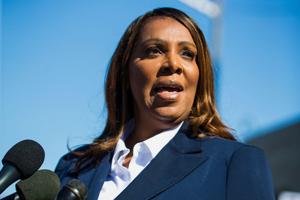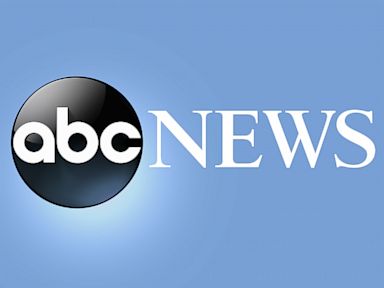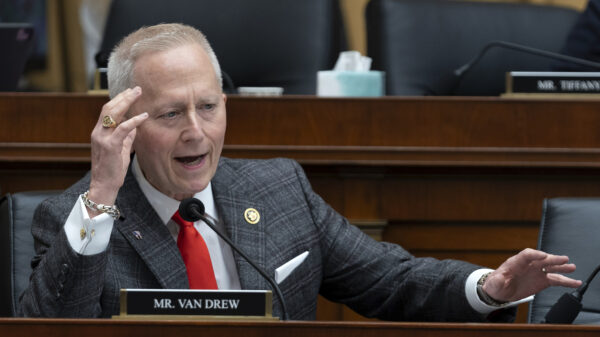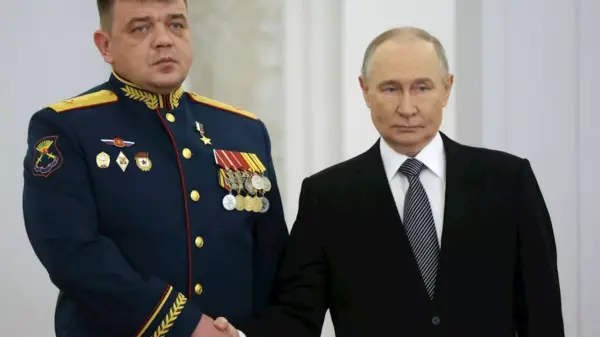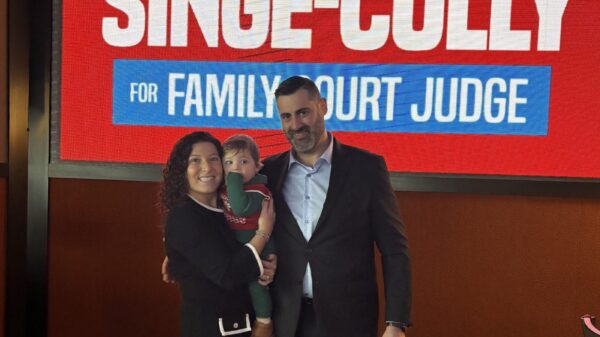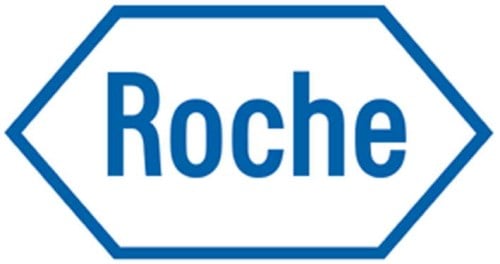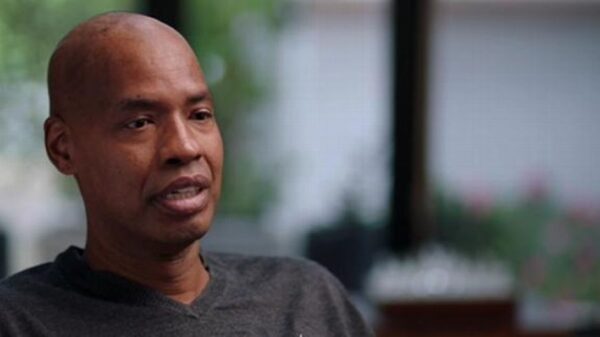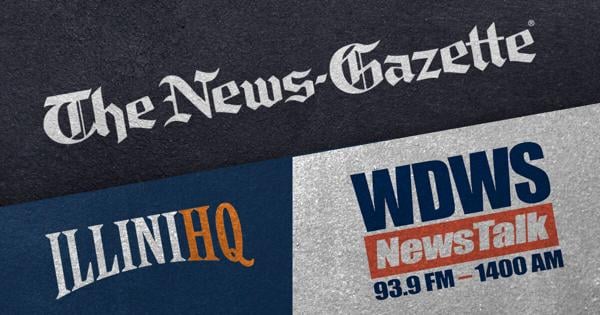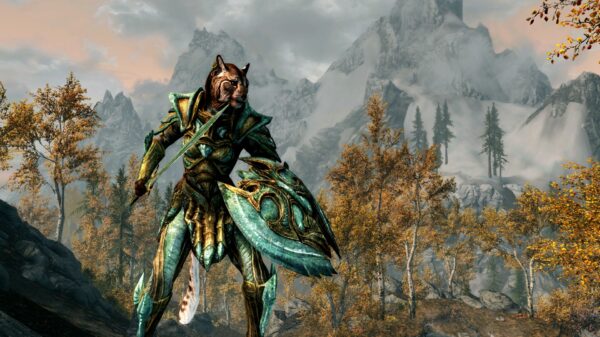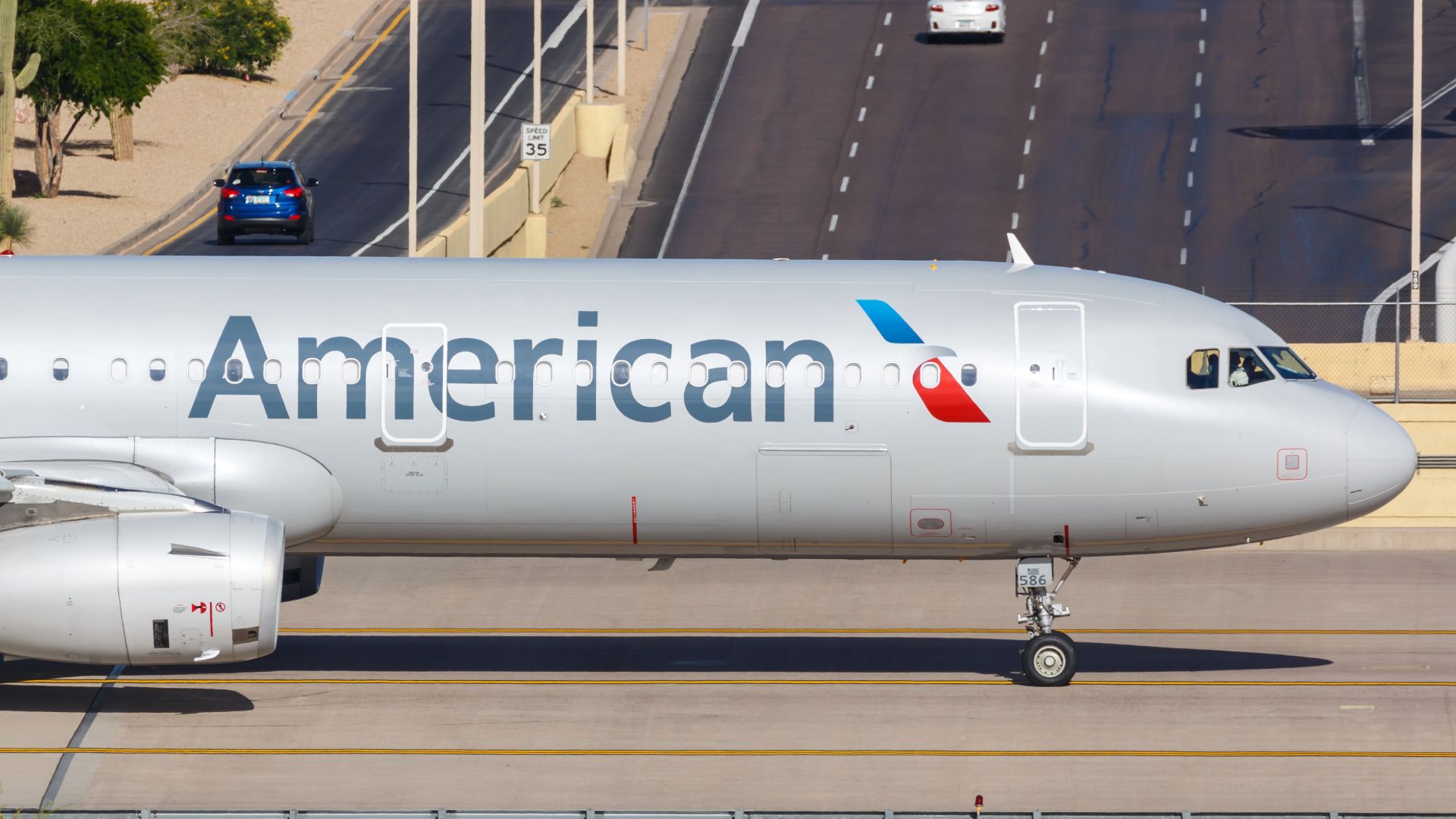The aviation industry faces a significant challenge in recruiting pilots, particularly from underrepresented backgrounds. Doug Parker, the former CEO of American Airlines, and Rob Polston, the current CEO of Spartan College of Aeronautics & Technology, are actively addressing this issue. Their combined efforts aim to bridge the gap in the pilot and mechanic career pipeline, especially in the wake of a substantial global pilot shortage exacerbated by the COVID-19 pandemic.
Addressing the Pilot Shortage
A recent report by consulting firm Oliver Wyman indicates that 62% of global airlines have identified a pilot shortage as a critical issue in the aftermath of the pandemic. Parker noted that the shortage began to affect American Airlines significantly during his final years in leadership. The lack of available pilots restricts airlines from scaling operations and expanding their networks effectively. Furthermore, it complicates the management of operational disruptions, whether due to mechanical failures or adverse weather conditions.
Polston emphasized a major barrier to entering the aviation field: the high cost of flight training. “If you want to get money for flight training, you have to either go to a university and spend a lot of money to get a bachelor’s degree or a master’s degree, even in aviation management,” he explained. This financial barrier discourages many potential candidates from pursuing a career as a pilot or mechanic.
Initiatives for Change
During his tenure at American Airlines, Parker observed a notable shortage of pilots from underrepresented backgrounds. Motivated to create change, he founded Breaking Down Barriers, a non-profit organization focused on exposing individuals from disadvantaged communities to aviation careers. He pointed out the lack of awareness about training opportunities in these communities and highlighted the disproportionately low number of minorities in pilot and mechanic roles.
Both Parker and Polston noted that limited access to federal loans for pilot and mechanic training further exacerbates this issue. They believe that by collaborating, Breaking Down Barriers and Spartan College can help identify and nurture the next generation of aviation leaders. Their initiatives aim to provide critical exposure to the industry for young individuals who might not otherwise have the opportunity.
As the aviation sector navigates a wave of retirements post-pandemic, the need for innovative solutions in recruitment and training is essential. Programs like those at Spartan College and Breaking Down Barriers are crucial in cultivating new talent. Yet, Parker and Polston acknowledge that significant obstacles remain. The financial barriers to becoming a pilot in the United States continue to pose challenges, and the industry’s talent pipeline must adapt to meet pressing demands.
In conclusion, while the aviation industry grapples with a pressing pilot shortage, the efforts of leaders like Doug Parker and Rob Polston are vital. Their commitment to fostering diversity and accessibility in aviation training is a step towards addressing the systemic issues that have long plagued the industry. As they continue to advocate for change, the hope is that more young talents will be inspired to take to the skies.





